In conflict zones around the world, medical workers often risk their own lives in an effort to save others.
Hundreds of medical workers have lost their lives fighting disease outbreaks like Elbola, but more so from violence such as in conflicts in Syria, Pakistan, Iraq and Ukraine. Civilians and prisoners also suffer high casualty rates and or inhumane treatment.
While the environmental talks in Paris have been taking centre-stage in media coverage around the world, another very important conference has been going on in Geneva.
The International Conference of the Red Cross and Red Crescent (ICRC) and signatory states to the Geneva Conventions on the rules of war, were meeting to try to boost compliance with the Conventions and International Humanitarian Law (IHL).
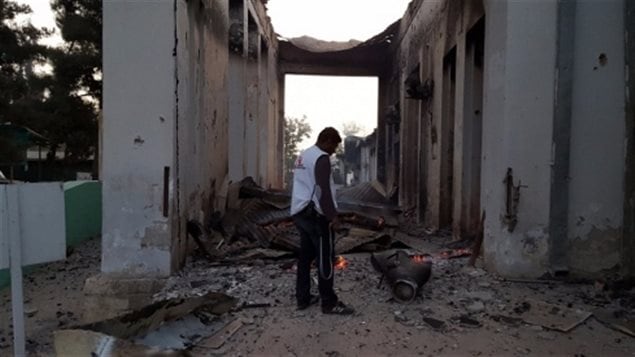
In an article in IRIN News-by Imogen Foulkes, ICRC president Peter Maurer is quoted saying, “the continued and blatant disrespect of international humanitarian law, most visible in the attacks on hospitals, but also other violations which are outrageous: sexual violence, mistreatment of detainees.”
“It adds up,” he continued, ”to a long list of disrespect which is of course shattering the system as a whole of the Geneva Conventions.”
In August 2015, British doctor Natalie Roberts, working with Medecins Sans Frontieres in Yemen, spoke to Tulip Mazumdar for the BBC. At the Dr Roberts said. “Here in Yemen I am supporting five health facilities and three of them have been damaged very badly by bombing, so it does concern me there’s a high possibility these places are targeted.” In June five health workers were killed and 14 injured in attacks there. Dr Roberts said, “Even if we mark the cars very clearly with MSF, you can’t predict if you’re going to pass a checkpoint or market that gets bombed.”
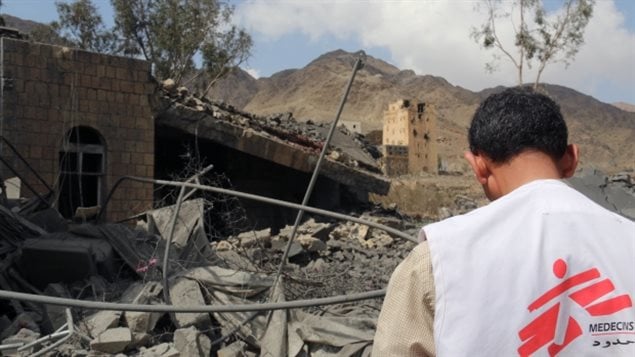
In 2014, the World Health Organization WHO said there were reports of 372 attacks on health workers in 32 countries, although these could not all be verified. The WHO said the attacks caused 603 deaths and some 958 injuries.
The ICRC meetings occur every four years and this time they had hoped to strengthen rules around IHL. Switzerland, and the ICRC had hoped to create an annual non-political forum of Genava Convention states to share information and expertise.
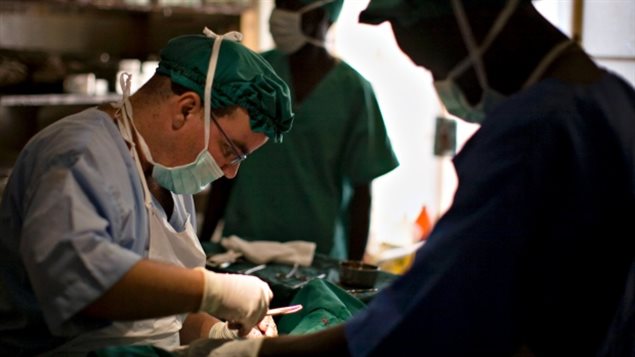
Although this meeting was the culmination of four years of consultations, the parties were not able to agree on mechanism to enhance compliance with IHL
In a statement from ICRC, Peter Maurer said of the situation, “International humanitarian law is flouted almost every day, in every conflict around the world. By failing to support this initiative, States missed an opportunity to help to protect millions of people.”
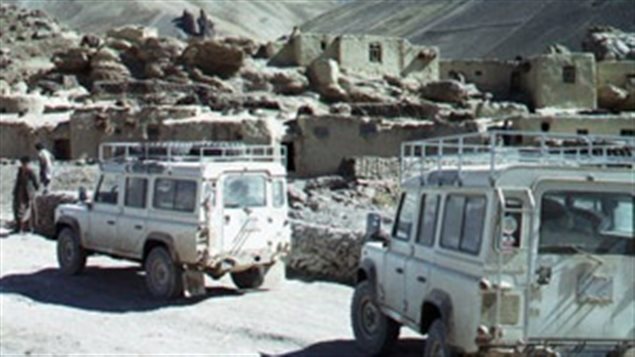
The parties did however agree to certain measures to find ways to better protect medical aid workers, investigate attacks on medical facilities, and prevent sexual violence in conflict zones.
More info
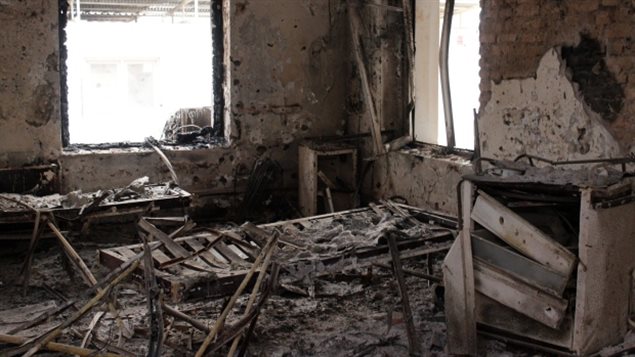






For reasons beyond our control, and for an undetermined period of time, our comment section is now closed. However, our social networks remain open to your contributions.